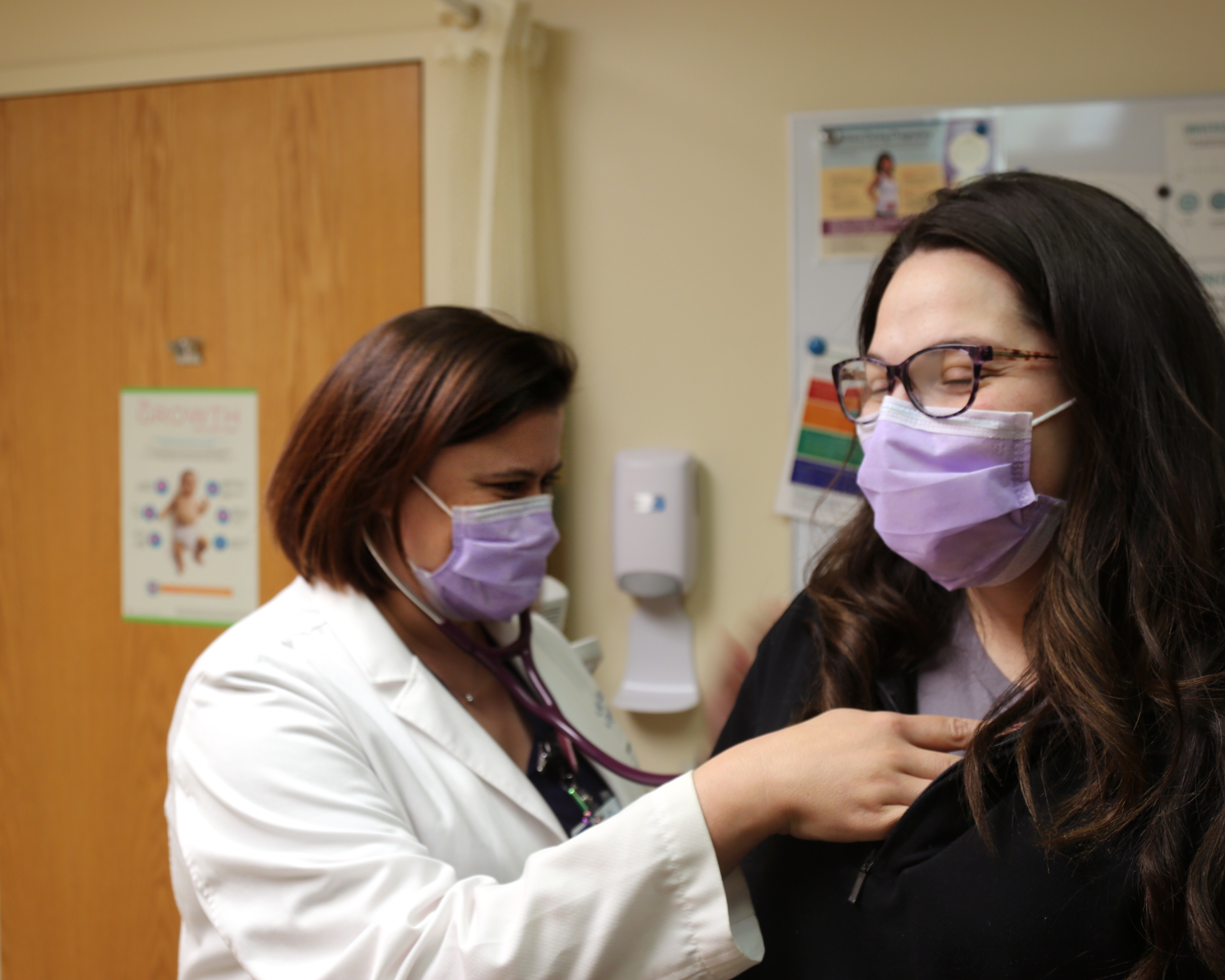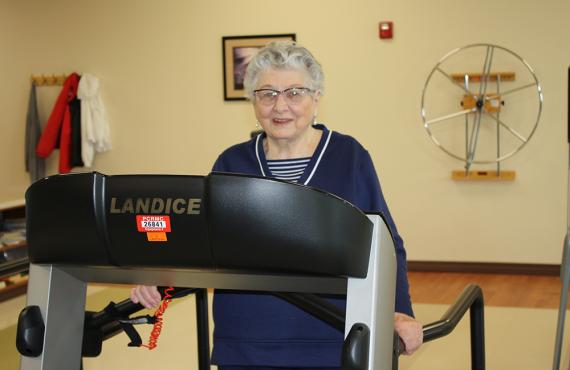Published on May 1, 2023

Read Time: 3 Minutes
Three Things to Know
- Around 12,000 new cases of cervical cancer and 4,000 deaths due to cervical cancer occur annually in the US.
- Pap tests can detect abnormal cells in the cervix early, preventing cervical cancer.
- The human papillomavirus (HPV) is a significant cause of cervical cancer, and an HPV vaccine is available and recommended.
By Jenny Pennycook, MD, FACOG
Phelps Health
Did you know? Around 12,000 new cases of cervical cancer occur each year in the US, according to the Centers for Disease Control and Prevention (CDC). Also, around 4,000 women die from this disease each year.
However, thanks in part to Pap tests, or Pap smears, the number of women diagnosed with cervical cancer is decreasing.
Cervical cancer starts in a woman’s cervix, which connects the uterus and vagina. Cervical cancer usually is caused by abnormal cells in the cervix. This type of cancer is preventable if the abnormal cells are found early enough and can be removed.

Pap tests look for changes in your cervix’s cells before they turn into cancer. Pap tests are usually performed during a woman’s pelvic exam.
Your health provider will insert a speculum into the vagina to examine the cervix. Another small tool will rub the cervix and scrape off some of the cells. The cells then go into a solution and are sent off to be examined under a microscope.
If the results of your Pap test show abnormal cells, that doesn’t necessarily mean you have cervical cancer. Other reasons may exist for why the cells aren’t normal.
Screening for cervical cancer usually starts at age 21 and continues through age 65. In your 20s, you should be screened every 3 years.
Starting in your 30s, different options are available for screening. You can be screened with a Pap test every 3 years, you can do a Pap and human papillomavirus (HPV) test together every 5 years or you can have HPV testing alone every 5 years.
HPV can cause abnormal cells in your cervix. Many different types of HPV exist, and only some can lead to cervical cancer. Your body can heal most cases of an HPV infection and repair those cells, but persistent HPV infections can lead to cancer.
An HPV vaccine is available and should ideally be given beginning around age 11 but can be started as early as age 9. The best time to get the vaccine is before you become sexually active. The vaccine is usually given in two doses.
If you haven’t received both doses of the vaccine by those ages, you can receive three doses until you’re 26. If you’re between the ages of 27 and 45, talk to your healthcare provider about the benefits and risks of getting the HPV vaccine.
Signs of cervical cancer can include heavy or abnormal bleeding in your vagina, especially if the bleeding occurs after sex, between periods or after a physical exam. People with cervical cancer also report pain during sex or while urinating.
Cervical cancer can spread to other parts of the body, including your pelvis, bladder or rectum.
Risk factors for cervical cancer include not getting a Pap test, having consistent HPV infections, getting older, having multiple sexual partners and smoking. Smoking makes it harder for your body to fight off HPV infections. Most cervical cancers are not genetic.
If you’re a woman who has had a hysterectomy (uterus removed), talk to your doctor about screening for cervical cancer. Hysterectomies can be performed in different ways, so screening recommendations for you may depend on if your cervix is still there, why the hysterectomy took place and your history of Pap tests.
To be screened for cervical cancer, call your women’s health provider or make an appointment through MyChart.
Find Women's Health Care, Close to Home
Jenny Pennycook, MD, FACOG, is a board-certified obstetrician/gynecologist (OB/GYN) at Phelps Health. To learn more about Women’s Health and Maternity Services at Phelps Health, call (573) 426-2229.

